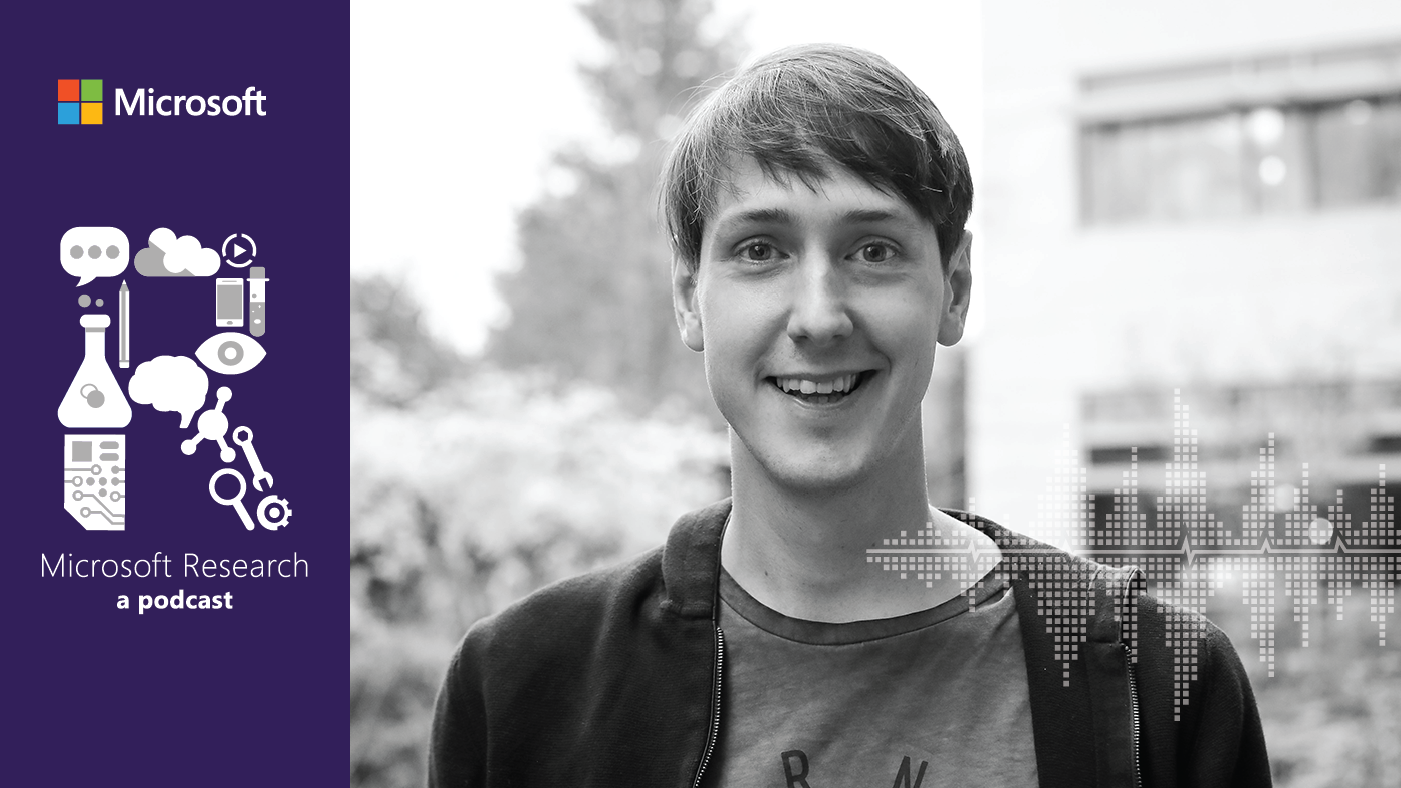
Welcome to Research Focus, a series of blog posts that highlights notable publications, events, code/datasets, new hires and other milestones from across the research community at Microsoft.
NEW RESEARCH
The Best of Both Worlds: Unlocking the Potential of Hybrid Work for Software Engineers
The era of hybrid work has created new challenges and opportunities for developers. Their ability to choose where they work and the scheduling flexibility that comes with remote work can be offset by the loss of social interaction, reduced collaboration efficiency and difficulty separating work time from personal time. Companies must be equipped to maintain a successful and efficient hybrid workforce by accentuating the positive elements of hybrid work, while also addressing the challenges.
In a new study: The Best of Both Worlds: Unlocking the Potential of Hybrid Work for Software Engineers, researchers from Microsoft aim to identify which form of work – whether fully in office, fully at home, or blended – yields the highest productivity and job satisfaction among developers. They analyzed over 3,400 survey responses conducted across 28 companies in seven countries, in partnership with Vista Equity Partners, a leading global asset manager with experience investing in software, data, and technology-enabled organizations.
The study found that developers face many of the same challenges found in other types of hybrid workplaces. The researchers provide recommendations for addressing these challenges and unlocking more productivity while improving employee satisfaction.
Spotlight: Microsoft Research Podcast
AI Frontiers: The Physics of AI with Sébastien Bubeck
What is intelligence? How does it emerge and how do we measure it? Ashley Llorens and machine learning theorist Sébastian Bubeck discuss accelerating progress in large-scale AI and early experiments with GPT-4.
NEW INSIGHTS
Prompt Engineering: Improving our ability to communicate with LLMs
Pretrained natural language generation (NLG) models are powerful, but in the absence of contextual information, responses are necessarily generic. The prompt is the primary mechanism for access to NLG capabilities. It is an enormously effective and flexible tool, yet in order to be actively converted to the expected output, a prompt must meet expectations for how information is conveyed. If the prompt is not accurate and precise, the model is left guessing. Prompt engineering aims to bring more context and specificity to generative AI models, providing enough information in the model instructions that the user gets the exact result they want.
In a recent blog post: Prompt Engineering: Improving our Ability to Communicate with an LLM, researchers from Microsoft explain how they use retrieval augmented generation (RAG) to do knowledge grounding, use advanced prompt engineering to properly set context in the input to guide large language models (LLMs), implement a provenance check for responsible AI, and help users deploy scalable NLG service more safely, effectively, and efficiently.
NEW RESOURCE
Overwatch: Learning patterns in code edit sequences
Integrated development environments (IDEs) provide tool support to automate many source code editing tasks. IDEs typically use only the spatial context, i.e., the location where the developer is editing, to generate candidate edit recommendations. However, spatial context alone is often not sufficient to confidently predict the developer’s next edit, and thus IDEs generate many suggestions at a location. Therefore, IDEs generally do not actively offer suggestions. The developer must click on a specific icon or menu and then select from a large list of potential suggestions. As a consequence, developers often miss the opportunity to use the tool support because they are not aware it exists or forget to use it. To better understand common patterns in developer behavior and produce better edit recommendations, tool builders can use the temporal context, i.e., the edits that a developer was recently performing.
To enable edit recommendations based on temporal context, researchers from Microsoft created Overwatch, a novel technique for learning edit sequence patterns from traces of developers’ edits performed in an IDE. Their experiments show that Overwatch has 78% precision and that it not only completed edits when developers missed the opportunity to use the IDE tool support, but also predicted new edits that have no tool support in the IDE.
UPDATED RESOURCE
Qlib updates harness adaptive market dynamics modeling and reinforcement learning to address key challenges in financial markets
Qlib is an open-source framework built by Microsoft Research that empowers research into AI technologies applicable to the financial industry. Qlib initially supported diverse machine learning modeling paradigms, including supervised learning. Now, a series of recent updates have added support for market dynamics modeling and reinforcement learning, enabling researchers and engineers to tap into more sophisticated learning methods for advanced trading system construction.
These updates broaden Qlib’s capabilities and its value proposition for researchers and engineers, empowering them to explore ideas and implement effective quantitative trading strategies. The updates, available on GitHub, make Qlib the first platform to offer diverse learning paradigms aimed at helping researchers and engineers solve key financial market challenges.
A significant update is the introduction of adaptive concept drift technology for modeling the dynamic nature of financial markets. This feature can help researchers and engineers invent and implement algorithms that can adapt to changes in market trends and behavior over time, which is crucial for maintaining a competitive advantage in trading strategies.
Qlib’s support for reinforcement learning enables a new feature designed to model continuous investment decisions. This feature assists researchers and engineers in optimizing their trading strategies by learning from interactions with the environment to maximize some notion of cumulative reward.
Related research:
DDG-DA: Data Distribution Generation for Predictable Concept Drift Adaptation
Universal Trading for Order Execution with Oracle Policy Distillation
The post Research Focus: Week of July 3, 2023 appeared first on Microsoft Research.

